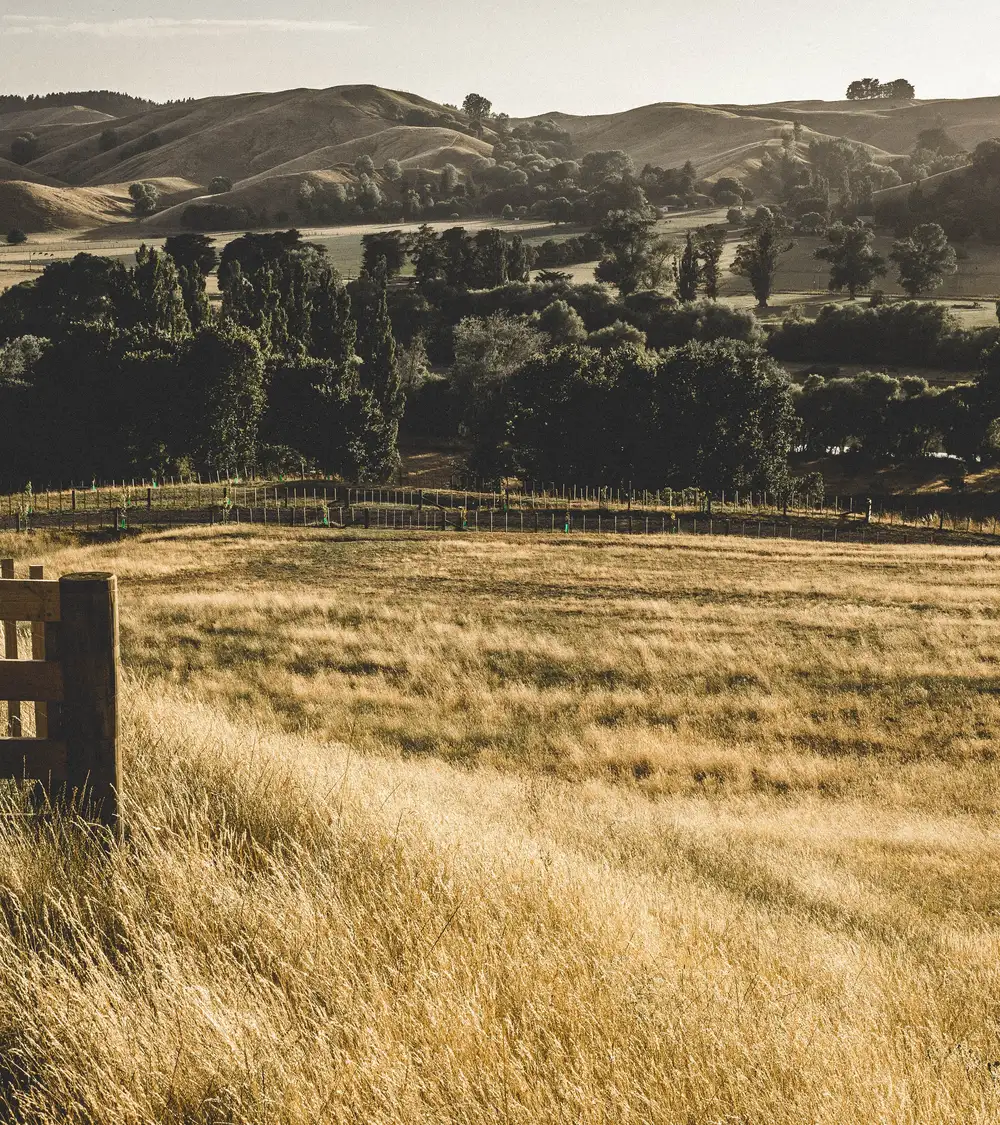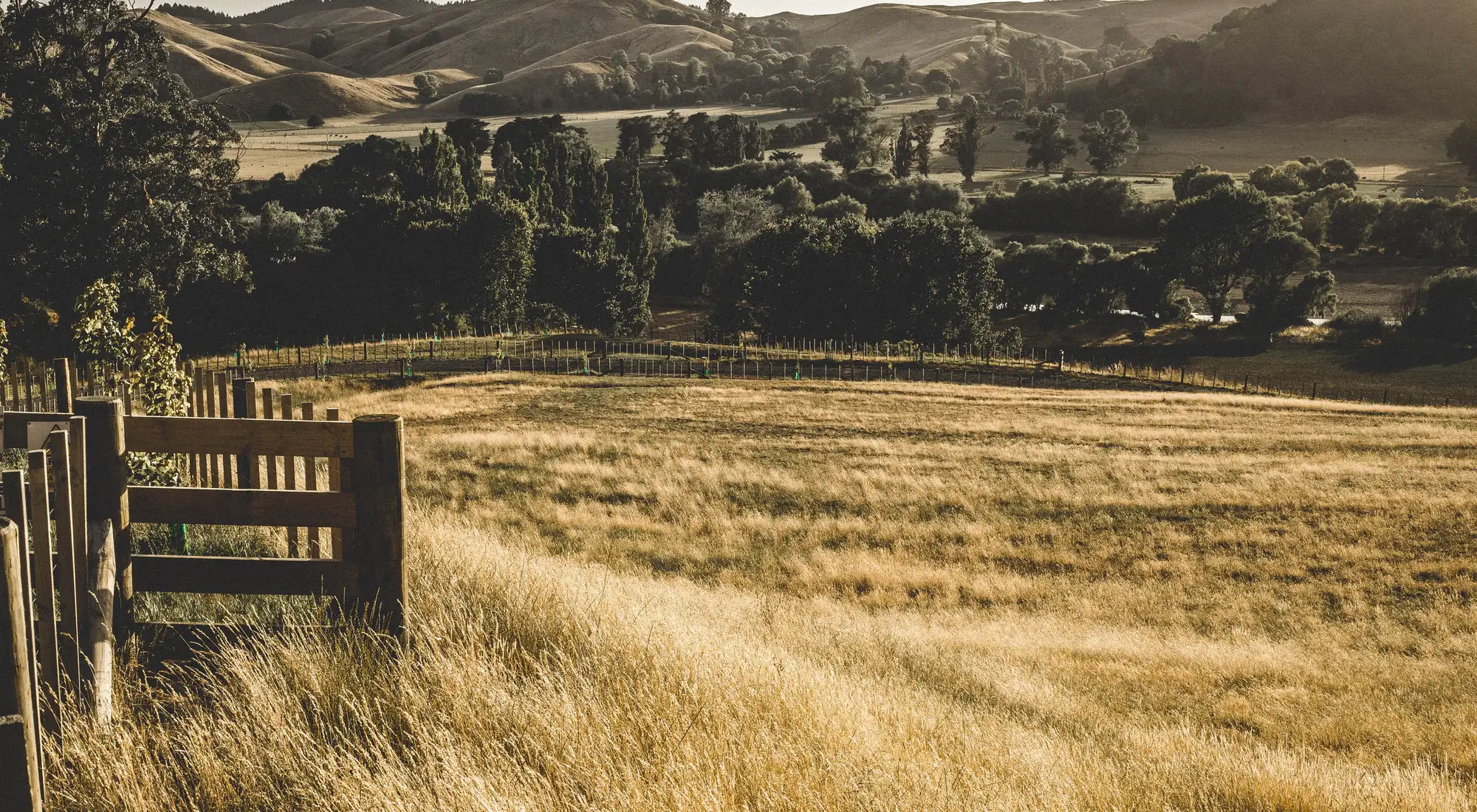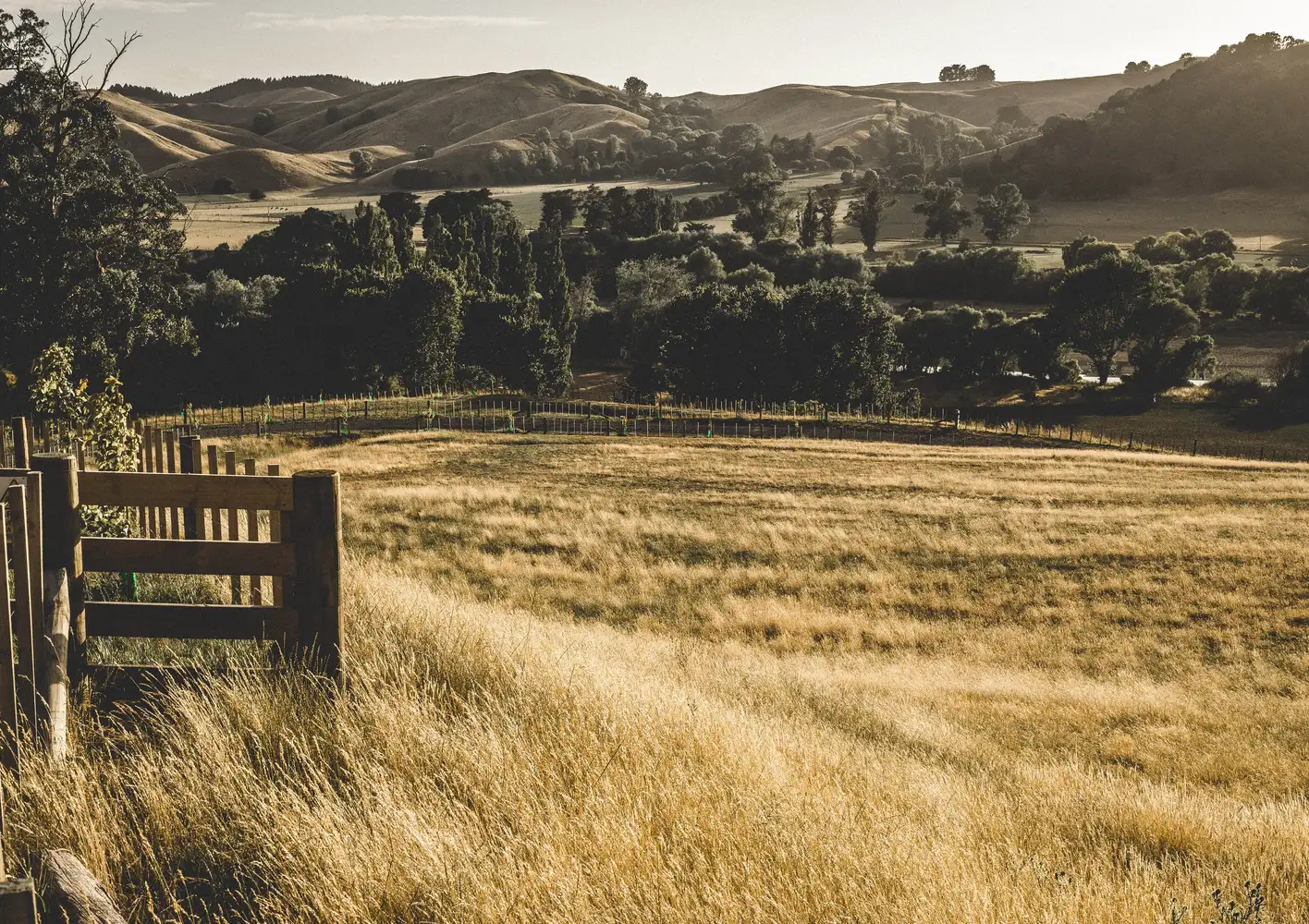Rural and Provincial Councils: March meeting recap



9 March 2023
Rural and Provincial Councils met for the first time this year at the end of last week.
A number of the flood-affected councils shared their experiences with the group. A couple of comments that stood out what the fact that many of them brought up the fact that, the media is only covering snippets of the devastation but the scenes on the ground is totally heartbreaking. It’s very obvious that we don’t yet know the ongoing impact of the cyclone.
Hearing from people affected in the regions first-hand was also a reminder that areas that aren’t the focus of the news such as Wairarapa have also suffered an enormous amount of damage. The need for more mental health support in these areas was also a topic of conversation.
Following this session, Mayor Tim Cadogan also led a discussion about the Adopt-A-Community campaign. Thirty-five councils have now put their hands up to help communities hit by Cyclone Gabrielle. These councils have been matched with cyclone-hit councils. They’re raising money within their own communities for their “adoptee”. They’re also coming up with innovative fundraising and support ideas, like their schools adopting cyclone-hit schools and kids exchanging letters; selling unwanted art to raise funds; and taking advantage of large events like music festivals to drum up donations.
With flooding being the number one, commonly occurring natural hazard in Aotearoa, the regional sector’s river manager’s group shared their flood protection co-investment proposal. New Zealand now faces, on average, one major flood event every eight months. The Investment in flood protection buys time for other longer-term flood risk resilience initiatives to be put in place. Te Uru Kahika sent (December 2022) a co-investment case to MBIE requesting $257m for 92 projects, with a total cost of $428m: ‘Before the Deluge: Building Flood Resilience in Aotearoa’. They’re also wanting to partner with Government for ongoing co-investment for flood protection projects.
See co-investment presentation
Housing is also a major issue that R&P want to focus on, that’s why we had the Tiny Houses Association come to speak, kicking off the session by debunking many of the biases about the types of people we may think gravitate towards the lifestyle of the tiny house. They presented some of the challenges including the fact that the current building standards aren’t fit for purpose for tiny homes. They had a call to action – to join the working group that’s looking to address some of the current issues in legal inconsistencies.
The second day began with the Minister of Local Government who reaffirmed his commitment to progressing water reform. He didn’t reveal any details of the new model but said once he’s spoken to his colleagues, he will engage with local government and iwi before taking a proposal to Cabinet. He intends to complete this process in weeks not months. He confirmed that he wants to put a proposal forward that strengthens the links between local communities and their water services and is financially sustainable. He also reiterated the importance of Te Tiriti and that mana whenua must have a role.
We used Slido to rank priorities for R&P and here is what was agreed upon:
- Sustainable funding and financing tools
- Sustainable transport planning and funding solutions
- Housing
- Localism
- Collective voice of the Rural and Provincial Sectors